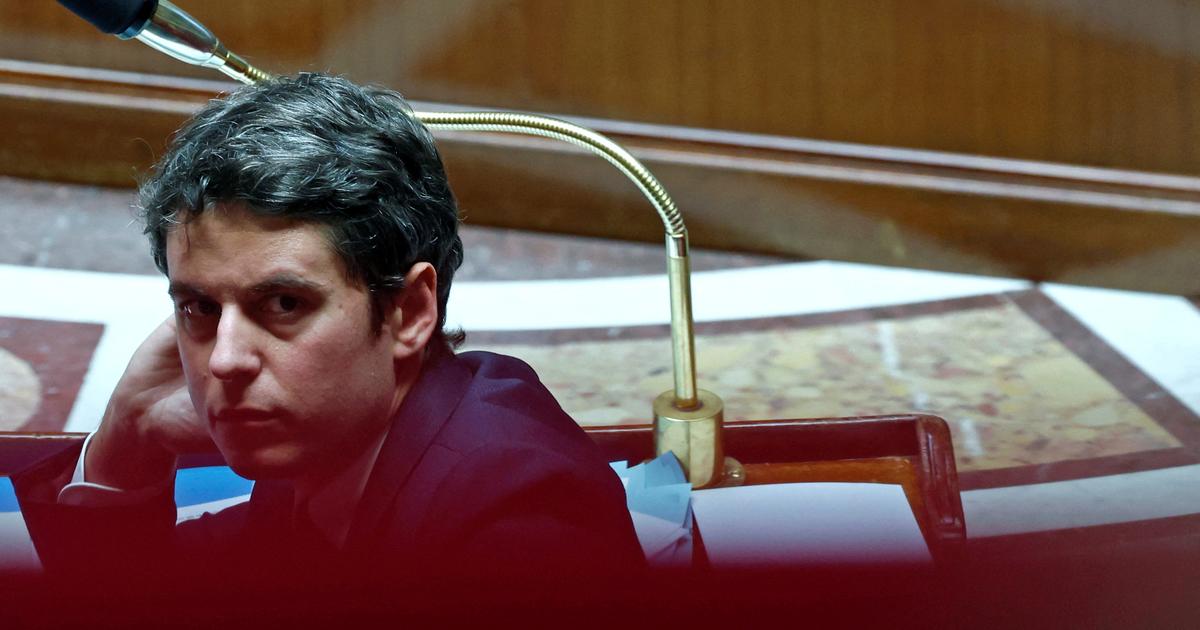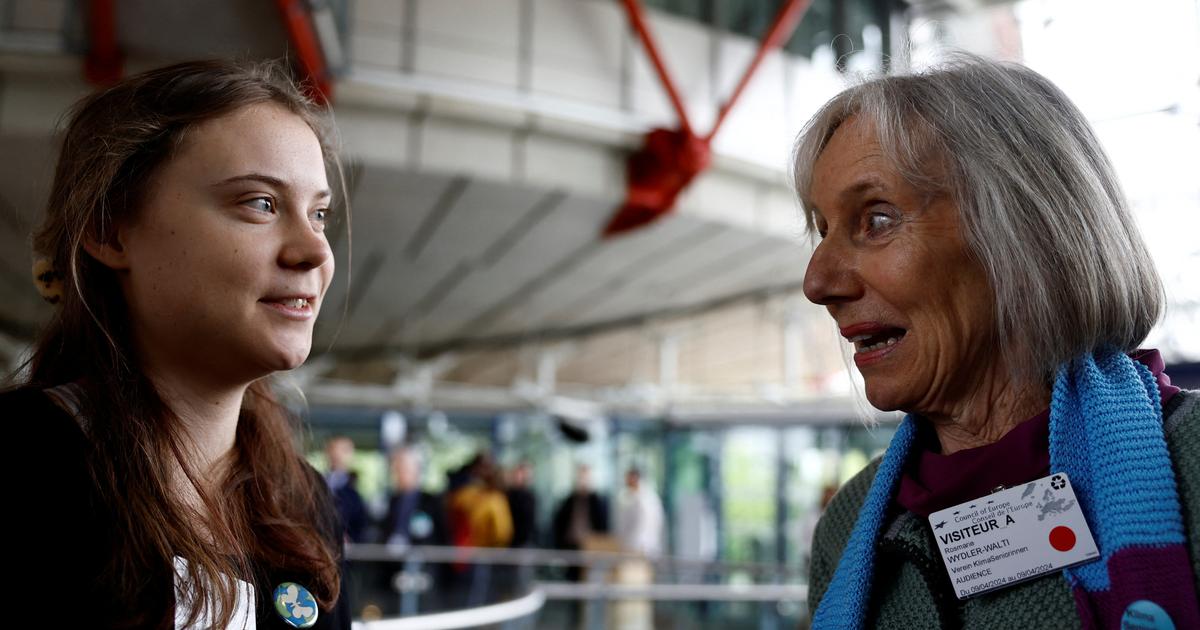Progress, but needs to do better.
This is essentially the message of the annual report of the High Council for the Climate.
An independent authority which, since its creation by Emmanuel Macron, has highlighted each year the state's "insufficient" response to global warming.
The latter is making its growing impacts felt in France with an increase in heat waves, droughts or extreme rains.
Read also Heat wave: how do we know that exceptional weather is linked to global warming?
“Major risks of not achieving the objectives set by France for the reduction of greenhouse gases persist”, writes the HCC in its annual report.
“Congratulations for what has been done so far.
Now we really have to change levels, we need a leap in climate action, ”sums up its president, climatologist Corinne Le Quéré.
A necessary start because “major risks of not achieving the objectives set by France for the reduction of greenhouse gases persist”, underlines the text.
And it is "all the more important" in the context of the war in Ukraine to succeed in "reducing France's strong dependence on imports of fossil fuels and mineral fertilizers".
France is committed to reducing its emissions by 40% by 2030 compared to 1990. With this in mind, the National Low Carbon Strategy sets emission ceilings, but the first "carbon budget" 2015-2018 has been exceeded.
And the government has raised the ceilings for 2019-2023, effectively postponing the effort to be made.
However, the report notes positive measures, in particular new rules for the energy performance of new buildings and the development of low-carbon energies in agriculture.
And for the first time in 2021, emissions from all the major sectors are down (compared to 2019, excluding the Covid rebound), even if for agriculture and transport this recent decrease “remains to be confirmed”.
The challenge of sobriety in the years to come
Over the last decade, 2010-2019, emissions have decreased by 1.9% per year on average.
A “modest” reduction trajectory, below the European average, notes the HCC.
And still far from the 2030 target, soon to be reinforced by the new EU climate plan which provides for a reduction in European emissions of at least 55%.
France's new target should therefore be -50% by 2030.
So “the reduction in emissions would have to be more than doubled over the period that remains to us until 2030 to reach a 4.7% reduction in emissions per year”, insists Corinne Le Quéré.
That is a reduction of 16 million tonnes of CO² equivalent per year on average compared to 8 million per year over the last decade.
"A high step", we recognize in Matignon, promising new measures.
“We will have put on the table by September all the new bricks that will make it possible to achieve this 2030 objective and this will be the subject of consultations”.
"More than ever, sobriety appears to be the great challenge of the years to come", reacted the NGO France Nature Environnement.




/cloudfront-eu-central-1.images.arcpublishing.com/prisa/RFXKLPJ6S5PGXJYGTELOFX5R6E.jpg)










